Democracy and representation
1. Public anxiety and the electoral process (Prof Barry Richards)
2. How Nigel Farage opened the door to No. 10 for Keir Starmer (Prof Pippa Norris)
3. The performance of the electoral system (Prof Alan Renwick)
4. Tory downfall is democracy rectifying its mistakes (Prof Stephen Barber)
5. Votes at 16 and decent citizenship education could create a politically aware generation (Dr Ben Kisby, Dr Lee Jerome)
6. “An election about us but not for us”: the lack of communication for young people during GE2024 (Dr James Dennis)
7. Election timing: masterstroke or risky gamble? (Prof Sarah Birch)
8. The dog that didn’t bark? Electoral integrity and administration from voter ID to postal votes (Prof Alistair Clark)
9. A political gamble? How licit and illicit betting permeated the campaign (Dr Matthew Wall)
10. Ethnic diversity in politics is the new normal in Britain (Prof Maria Sobolewska)
11. Bullshit and Lies on the campaign trail: do party campaigns reflect the post-truth age? (Prof Darren Lilleker)
12. Stoking the culture wars: the risks of a more hostile form of polarised politics (Dr Jen Birks)
Voters, polls and results
13. Forecasting a multiparty majoritarian election with a volatile electorate (Dr Hannah Bunting)
14. The emerging infrastructure of public opinion (Dr Nick Anstead)
15. A moving target? Voter segmentation in the 2024 British General Election (Prof Rosie Campbell)
16. Don’t vote, it only encourages them? Turnout in the 2024 Election (Prof Charles Pattie)
17. Cartographic perspectives of the 2024 General Election (Prof Benjamin Hennig)
18. Gender and vote choice: early reflections (Dr Ceri Fowler)
19. Changing Pattern amongst Muslim voters: the Labour Party, Gaza and voter volatility (Dr Parveen Akhtar)
20. Religion and voting behaviour in the 2024 General Election (Dr Ekaterina Kolpinskaya, Dr Stuart Fox)
21. Failure to connect: the Conservative Party and young voters (Dr Stephanie Luke)
22. Youthquake for the progressive left: making sense of the collapse of youth support for the Conservatives (Prof James Sloam, Prof Matt Henn)
23. Values in the valence election (Prof Paula Surridge)
24. Tactical voting: why is it such a big part of British elections? (Thomas Lockwood)
The nations and regions
25. Have voters fallen out of love with the SNP? (Dr Lynn Bennie)
26. The spectre of Sturgeon still looms large in gendered coverage in Scotland (Melody House, Dr Fiona McKay)
27. The personalisation of Scottish politics in a UK General Election (Dr Michael Higgins, Dr Maike Dinger)
28. Competence, change and continuity: a tale of two nations (Dr Will Kitson)
29. Election success, but problems remain for Labour in Wales (Dr Nye Davies)
30. Four ways in which Northern Ireland’s own seismic results will affect the new Parliament (Prof Katy Hayward)
31. Bringing People together or pulling them apart? What Facebook ads say about the NI campaign (Dr Paul Reilly)
32. A New Dawn For Levelling Up? (Prof Arianna Giovannini)
33. Who defines Britain? National identity at the heart of the 2024 UK General Election (Dr Tabitha Baker)
Parties and the campaign
34. A changed but over-staged Labour Party and the political marketing weaknesses behind Starmer’s win (Prof Jennifer Lees-Marshment)
35. To leaflet or not to leaflet? The question of election leafleting in Sunderland Central (Prof Angela Smith, Dr Mike Pearce)
36. Beyond ‘my dad was a toolmaker’: what it’s really like to be working class in parliament (Dr Vladimir Bortun)
37. The unforced errors of foolish men: gender, race and the calculus of harm (Prof Karen Ross)
38. Election 2024 and rise of Reform UK: the beginning of the end of the Conservatives? (Dr Anthony Ridge-Newman)
39. The Weakening of the Blue Wall (Prof Pete Dorey)
40. The Conservative party, 1832-2024: an obituary (Dr Mark Garnett)
41. Bouncing back: the Liberal Democrat campaign (Prof Peter Sloman)
42. The Greens: riding two horses (Prof Neil Carter, Dr Mitya Pearson)
43. Party organisations and the campaign (Dr Danny Rye)
44. Local campaign messaging at the 2024 General Election (Dr Siim Trumm, Prof Caitlin Milazzo)
45. The value of getting personal: reflecting upon the role of personal branding in the General Election (Dr Jenny Lloyd)
46. Which constituencies were visited by each party leader and what this told us about their campaigns (Dr Hannah Bunting, Joely Santa Cruz)
47. The culture wars and the 2024 General Election campaign (Prof John Steel)
48. “Rishi’s D-Day Disaster”: authority, leadership and British military commemoration (Dr Natalie Jester)
49. Party election broadcasts: the quest for authenticity (Dr Vincent Campbell)
Policy and strategy
50. It’s the cost-of-living-crisis, stupid! (Prof Aeron Davis)
51. The last pre-war vote? Defence and foreign policy in the 2024 Election (Dr Russell Foster)
52. The 2024 UK general election and the absence of foreign policy (Dr Victoria Honeyman)
53. Fractious consensus: defence policy at the 2024 General Election (Dr Ben Jones)
54. The psycho-politics of climate denial in the 2024 UK election (Prof Candida Yates, Dr Jenny Alexander)
55. How will the Labour government fare and what should they do better? (Prof Rick Stafford and team)
56. Finding the environment: climate obstructionism and environmental movements on TikTok (Dr Abi Rhodes)
57. Irregular migration: ‘Stop the boats’ vs ‘Smash the Gangs’ (Prof Alex Balch)
58. The sleeping dog of ‘Europe: UK relations with the EU as a non-issue (Prof Simon Usherwood)
59. Labour: a very conservative housing manifesto (Prof Becky Tunstall)
60. Why the Labour Government must abolish the two-child benefit limit policy (Dr Yekaterina Chzhen)
61. Take the next right: mainstream parties’ positions on gender and LGBTQ+ equality issues (Dr Louise Luxton)
The digital campaign
62. Local news and information on candidates was insufficient (Dr Martin Moore, Dr Gordon Neil Ramsay)
63. The Al election that wasn’t – yet (Prof Helen Margetts)
64. Al-generated images: how citizens depicted politicians and society (Niamh Cashell)
65. The threat to democracy that wasn’t? Four types of Al-generated synthetic media in the General Election (Dr Liam McLoughlin)
66. Shitposting meets Generative Artificial Intelligence and ‘deep fakes’ at the 2024 General Election (Dr Rosalynd Southern)
67. Shitposting the General Election: why this campaign felt like one long meme (SE Harman, Dr Matthew Wall)
68. Winning voters’ hearts and minds… through reels and memes?! How #GE24 unfolded on TikTok (Dr Aljosha Karim Schapals)
69. Debating the election in “Non-political” Third Spaces: the case of Gransnet (Prof Scott Wright et al)
70. Which social networks did political parties use most in 2024? (Dr Richard Fletcher)
71. Facebook’s role in the General Election: still relevant in a more fragmented information environment (Prof Andrea Carson, Dr Felix M. Simon)
72. Farage on TikTok: the perfect populist platform (Prof Karin Wahl-Jorgensen)
News and journalism
73. Why the press still matters (Prof Steven Barnett)
74. When the Star aligned: how the press ‘voted’ (Prof Dominic Wring, Prof David Deacon)
75. Visual depictions of leaders and losers in the (still influential) print press (Prof Erik Bucy and Dr Nathan Ritchie)
76. Towards more assertive impartiality? Fact-checking on BBC television news (Prof Stephen Cushion)
77. The outsize influence of the conservative press in election campaigns (Prof Dan Stevens, Prof Susan Banducci, Dr Ekaterina Kolpinskaya and Dr Laszlo Horvath)
78. GB News – not breaking any rules… (Prof Ivor Gaber)
79. Vogue’s stylish relationship to politics (Dr Chrysi Dagoula)
80. Tiptoeing around immigration has tangible consequences (Dr Maria Kyriakidou, Dr Iñaki Garcia-Blanco)
81. A Taxing Campaign (Prof David Deacon et al)
82. Not the Sun wot won it: what Murdoch’s half-hearted, last-minute endorsements mean for Labour (Dr John Jewell)
83. Is this the first podcast election? (Carl Hartley, Prof Stephen Coleman)
84. A numbers game (Paul Bradshaw)
85. Election 2024 and the remarkable absence of media in a mediated spectacle (Prof Lee Edwards)
86. 2024: the great election turn-off (Prof Des Freedman)
Personality politics and popular culture
87. Ed Davey: Towards a Liberal Populism? (Dr Tom Sharkey, Dr Sophie Quirk)
88. Why Nigel Farage’s anti-media election interference claims are so dangerous (Dr Lone Sorensen)
89. Nigel Farage and the political circus (Dr Neil Ewen)
90. Binface, Beany and Beyond: humorous candidates in the 2024 General Election (Prof Scott Wright)
91. What Corbyn support reveals about how Starmer’s Labour won big (Prof Cornel Sandvoss, Dr Benjamin Litherland, Dr Joseph Andrew Smith)
92. “Well that was dignified, wasn’t it?”: floor apportionment and interaction in the televised debates (Dr Sylvia Shaw)
93. TV debates: beyond winners and losers (Prof Stephen Coleman)
94. Is our television debate coverage finally starting to match up to multi-party politics? (Dr Louise Thompson)
95. Tetchiness meets disenchantment: capturing the contrasting political energies of the campaign (Prof Beth Johnson, Prof Katy Parry)
96. “We’re just normal men”: football and the performance of authentic leadership (Dr Ellen Watts)
97. ‘Make the friendship bracelets’: gendered imagery in candidates’ self-presentations on the campaign trail (Dr Caroline Leicht)
98. Weeping in Wetherspoons: generative Al and the right/left image battle on X (Simon Popple)
99. An entertaining election? Popular culture as politics (Prof John Street)
100. Changing key, but keeping time: the music of Election 2024 (Dr Adam Behr)
101. Truth or dare: the political veracity game (Prof John Corner)



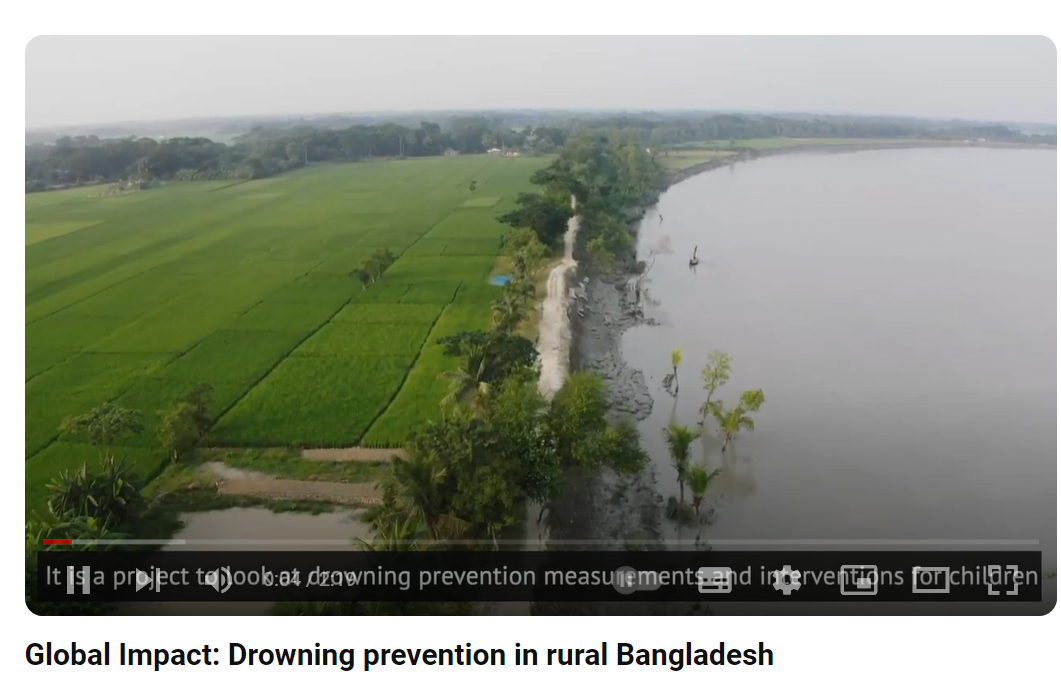

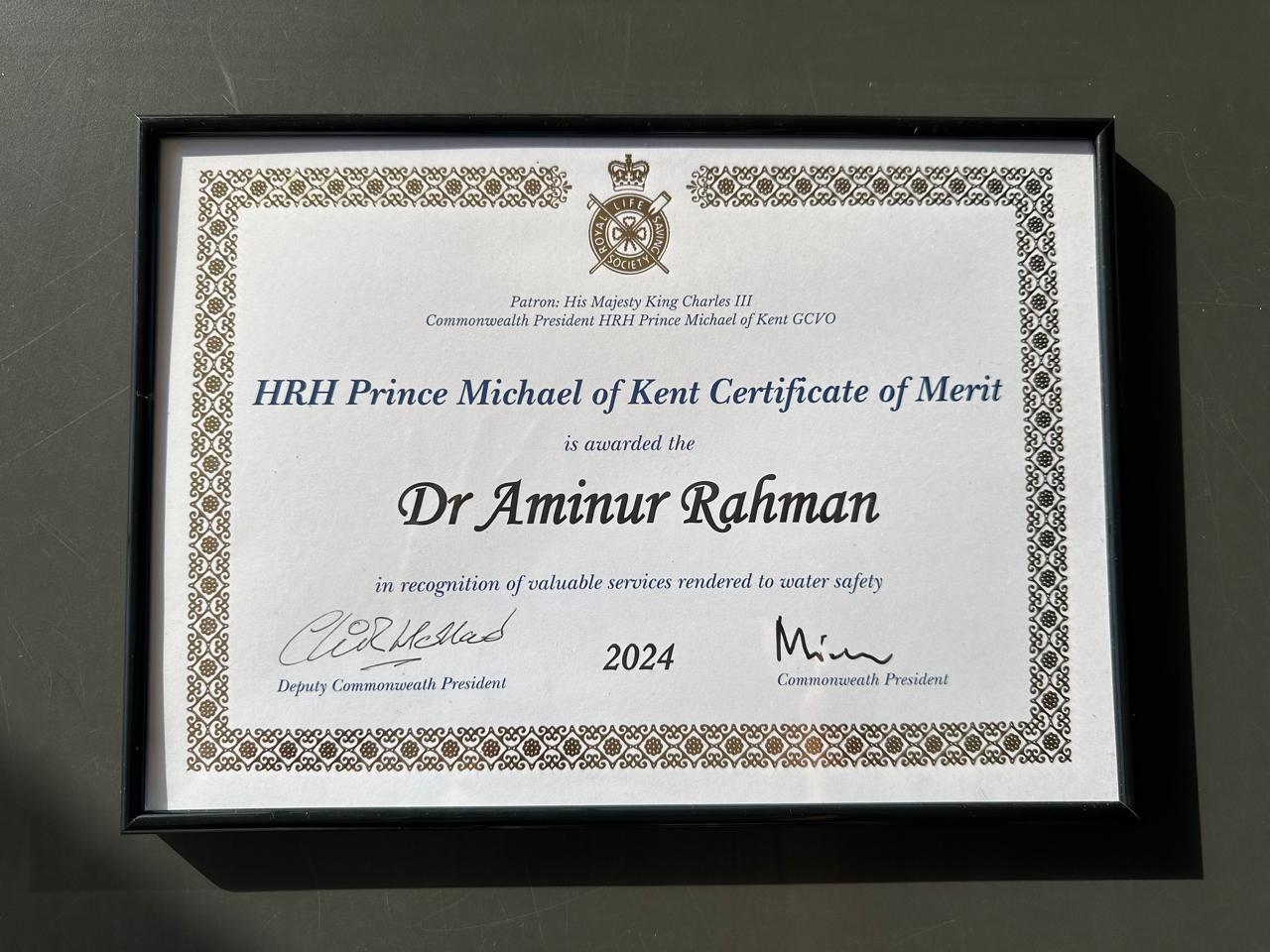
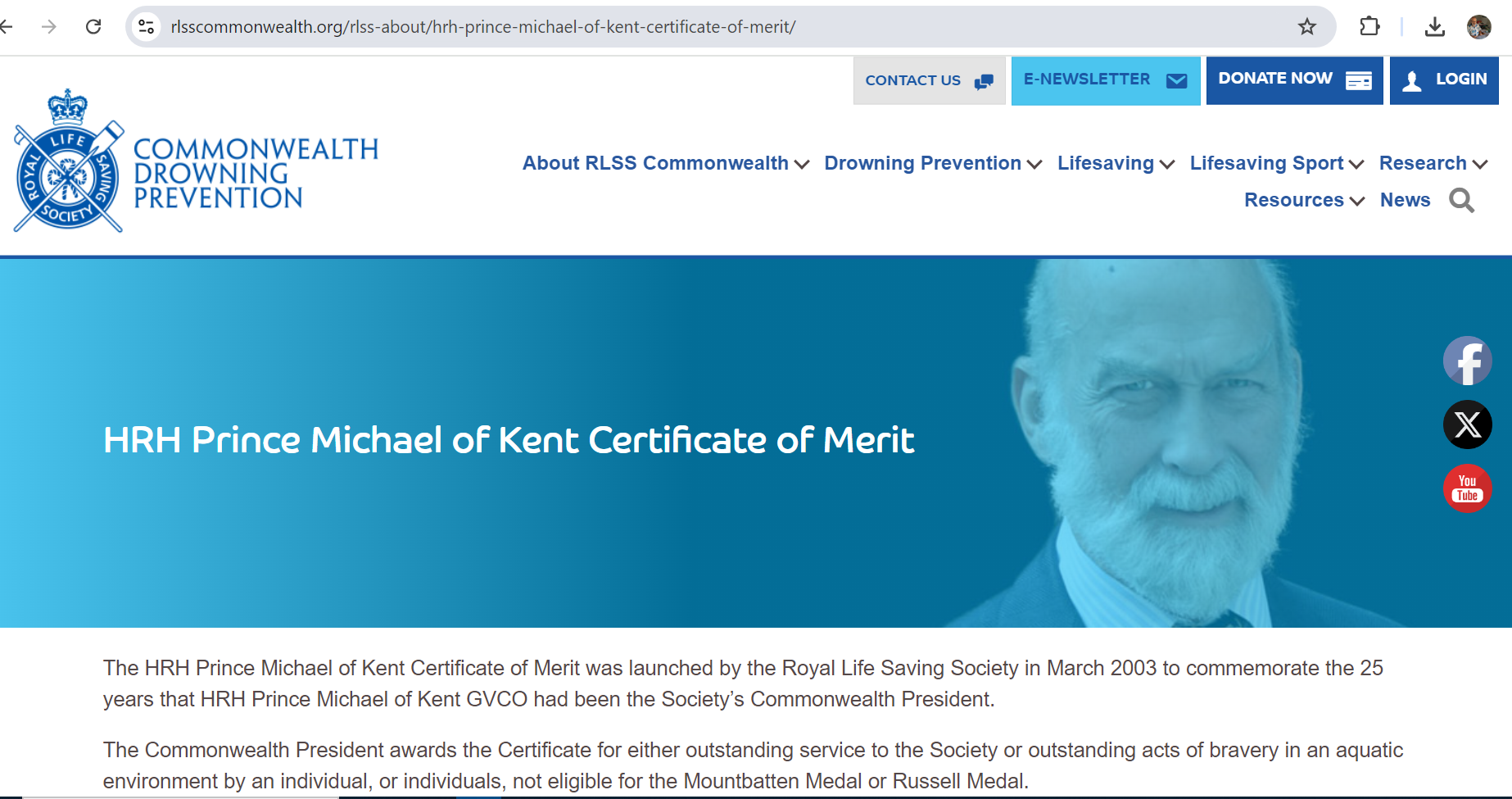


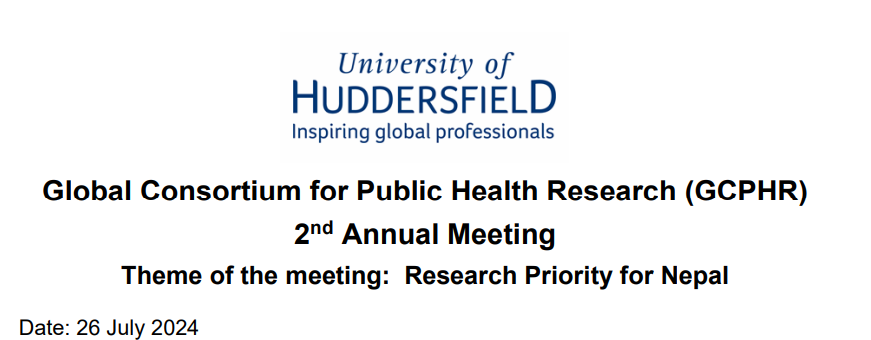
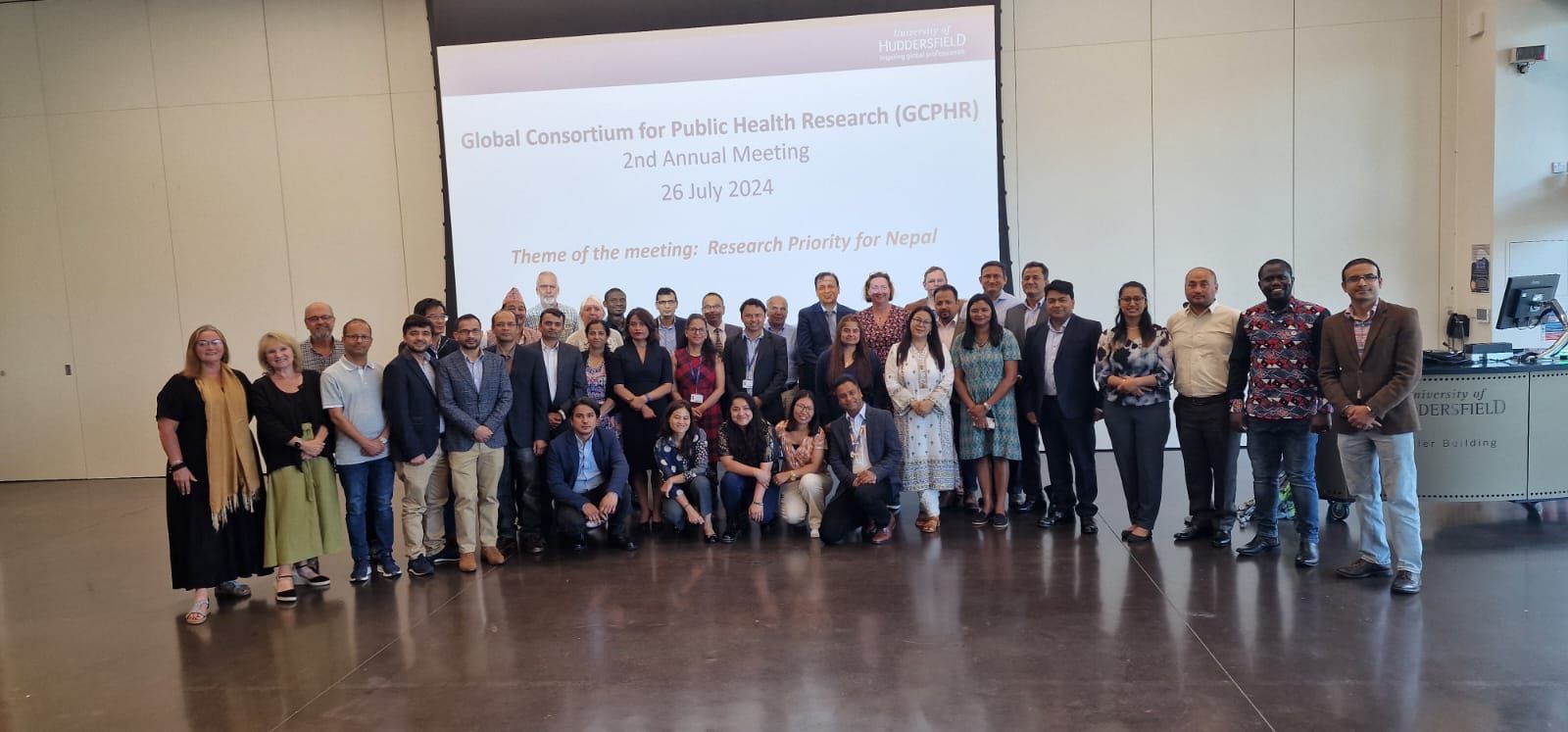
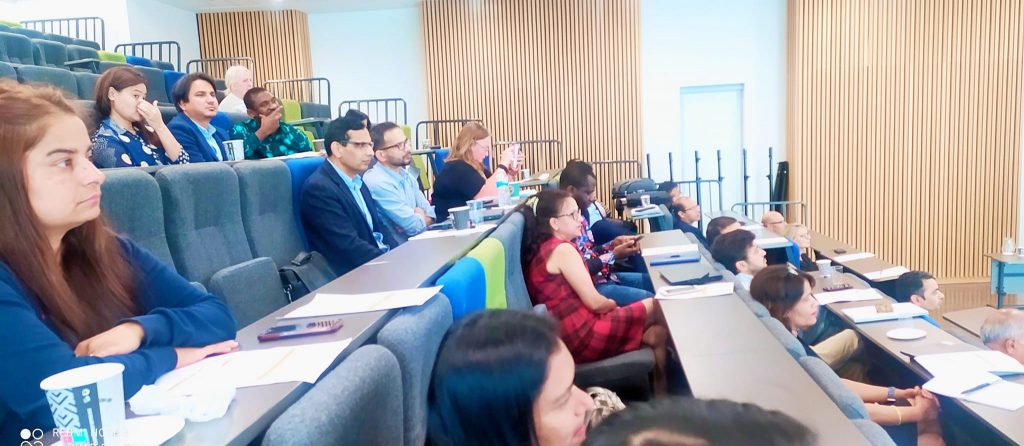
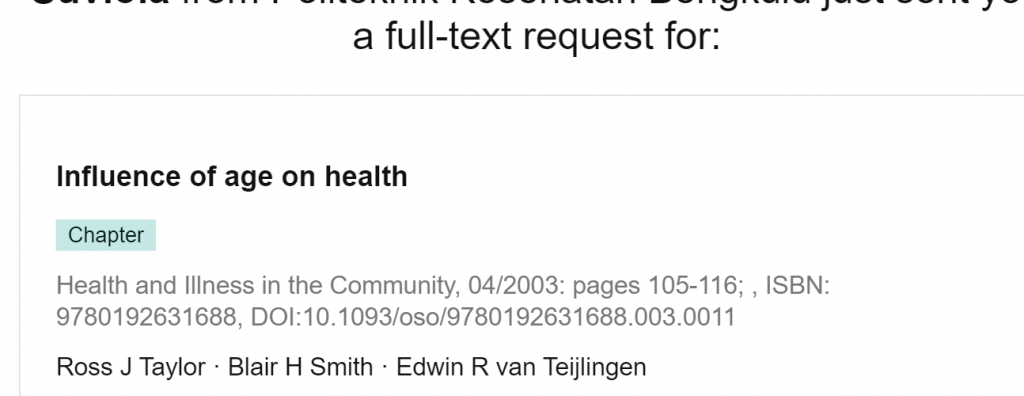
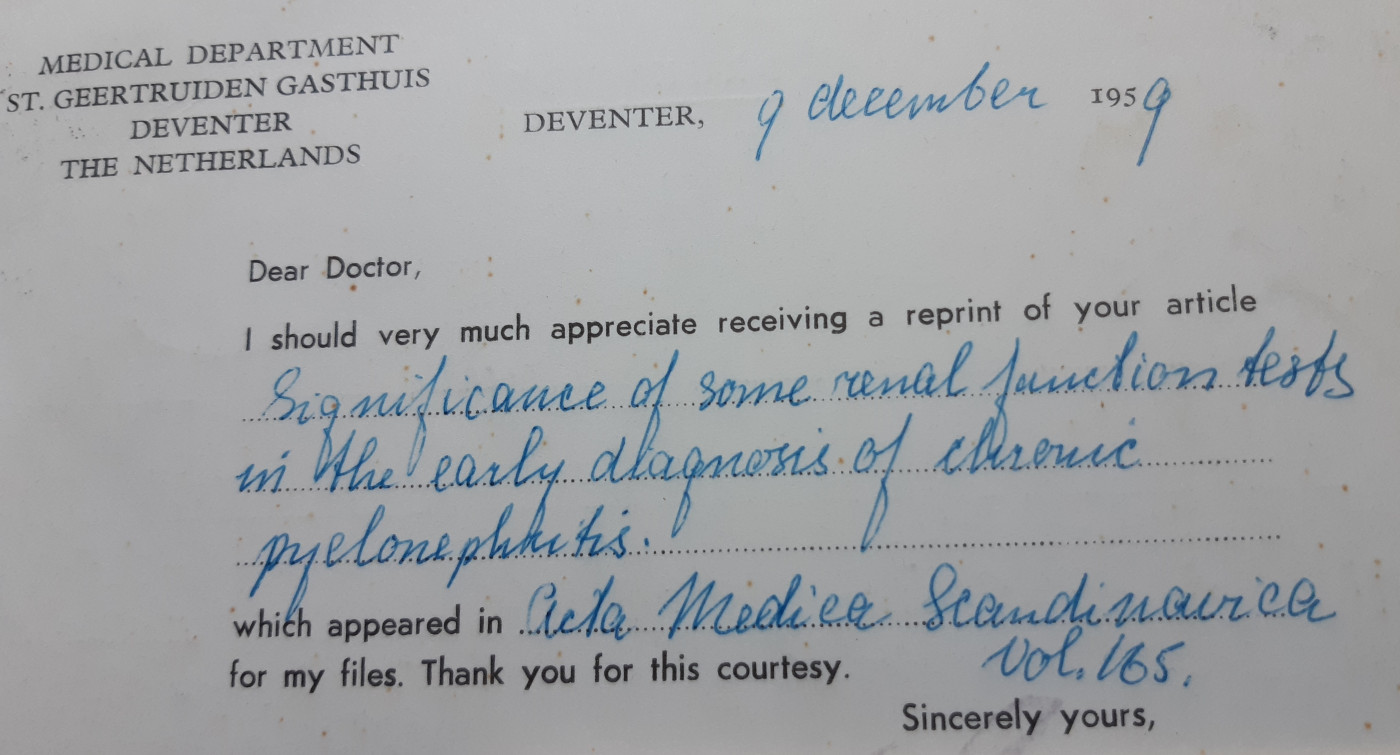
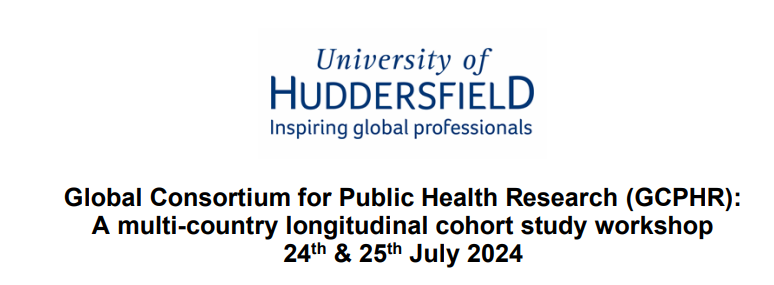
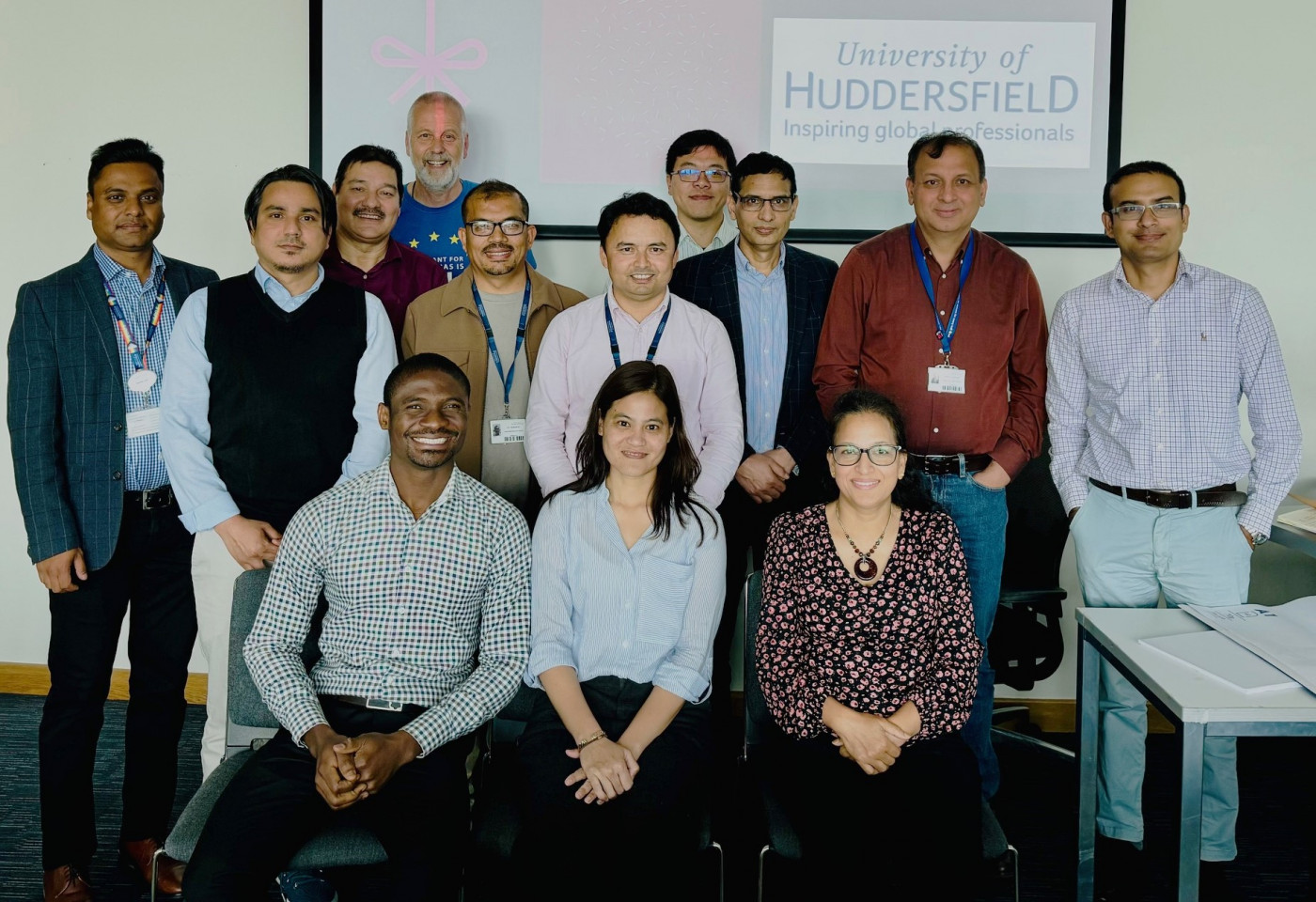


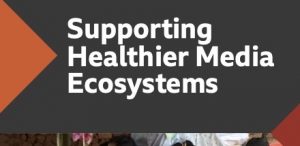
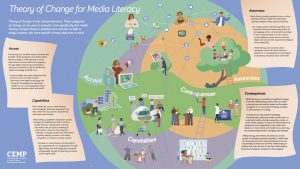
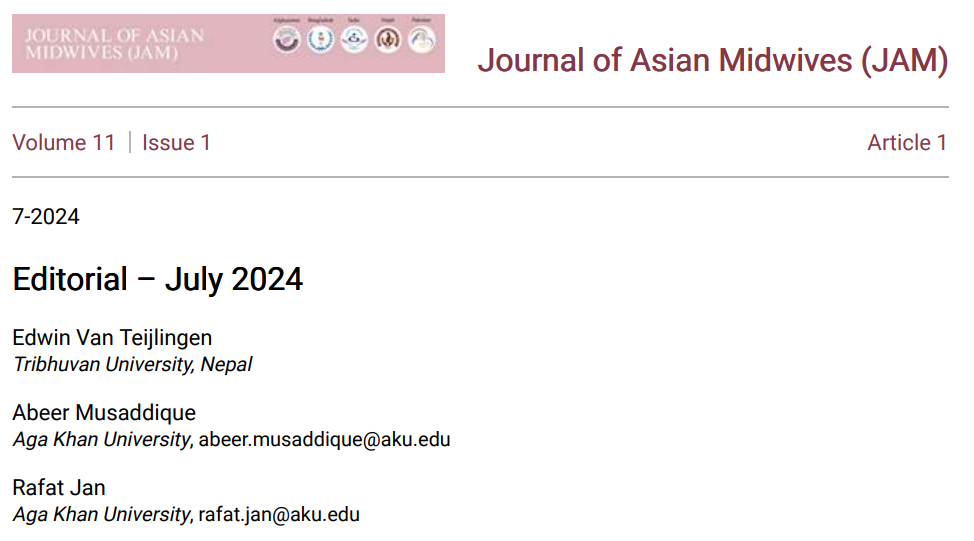

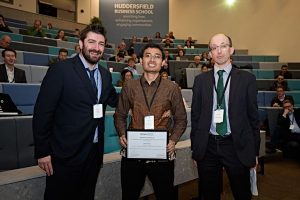
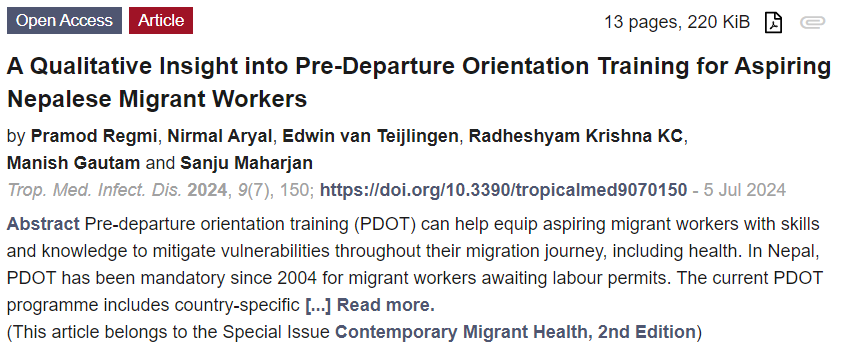












 New weight change BU paper
New weight change BU paper One week to go! | The 16th Annual Postgraduate Research Conference
One week to go! | The 16th Annual Postgraduate Research Conference Geography and Environmental Studies academics – would you like to get more involved in preparing our next REF submission?
Geography and Environmental Studies academics – would you like to get more involved in preparing our next REF submission? Congratulations to three former BU staff
Congratulations to three former BU staff Applications are now open for 2025 ESRC Postdoctoral Fellowships!
Applications are now open for 2025 ESRC Postdoctoral Fellowships! Horizon Europe – ERC CoG and MSCA SE webinars
Horizon Europe – ERC CoG and MSCA SE webinars ERC grants – series of webinars
ERC grants – series of webinars MaGMap: Mass Grave Mapping
MaGMap: Mass Grave Mapping Last reminder – MSCA Postdoctoral Fellowships 2024 internal deadline next week
Last reminder – MSCA Postdoctoral Fellowships 2024 internal deadline next week